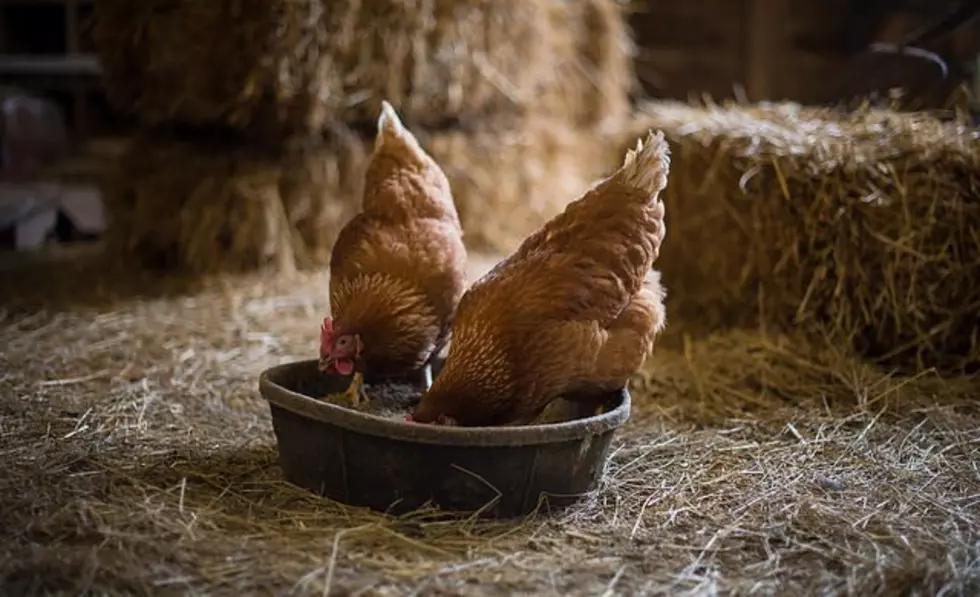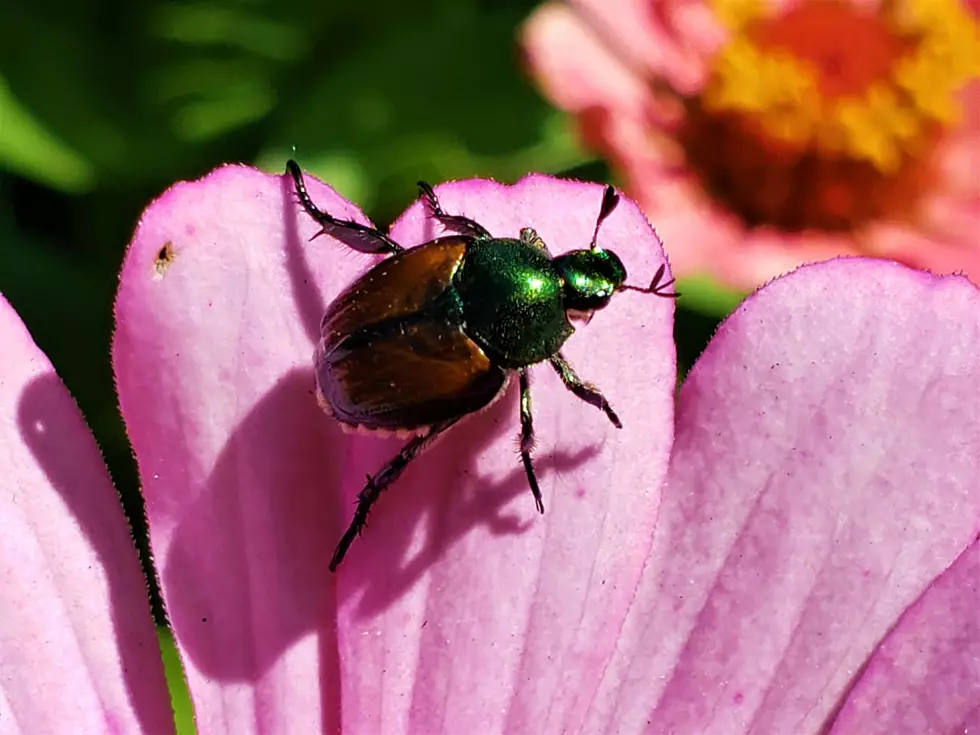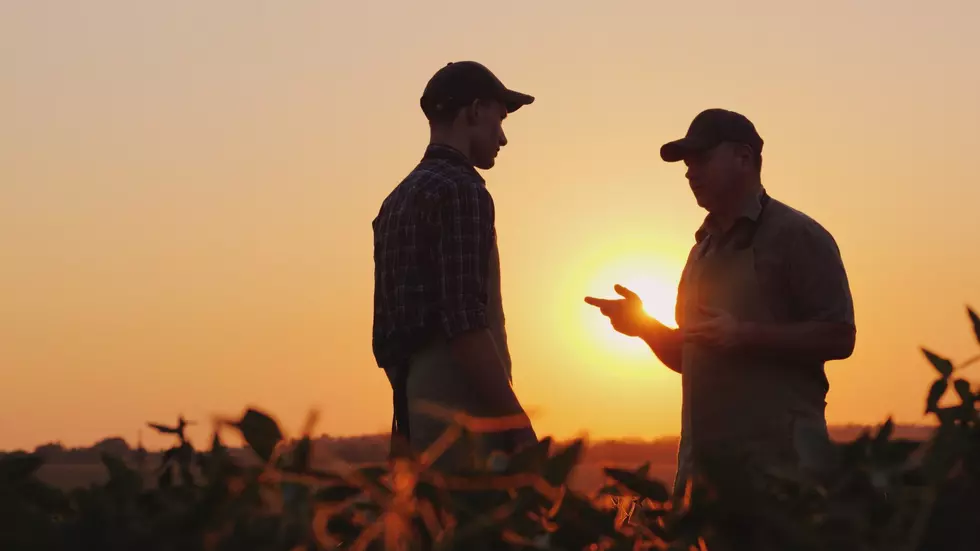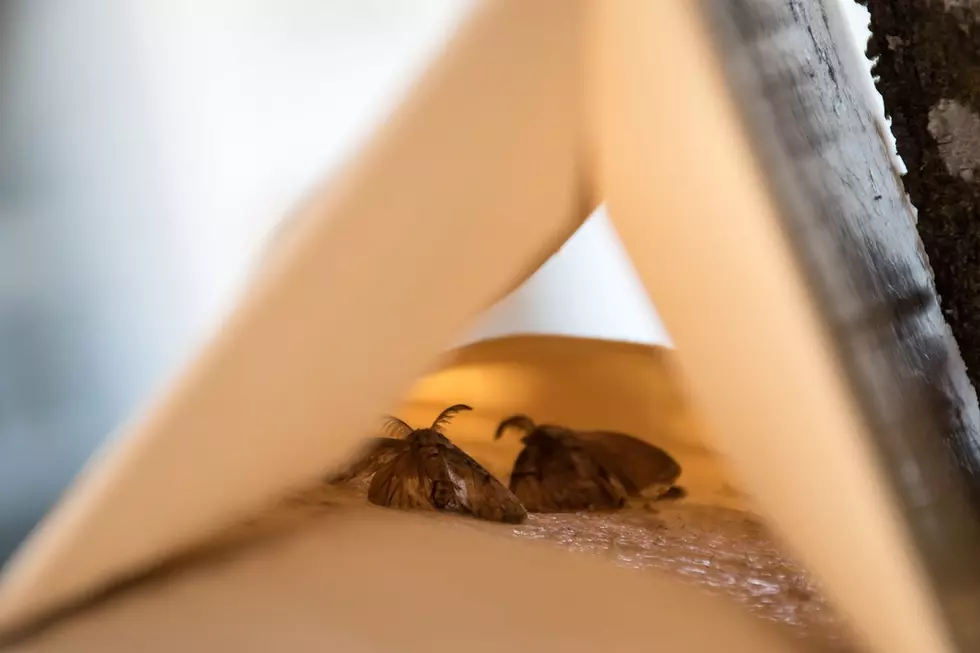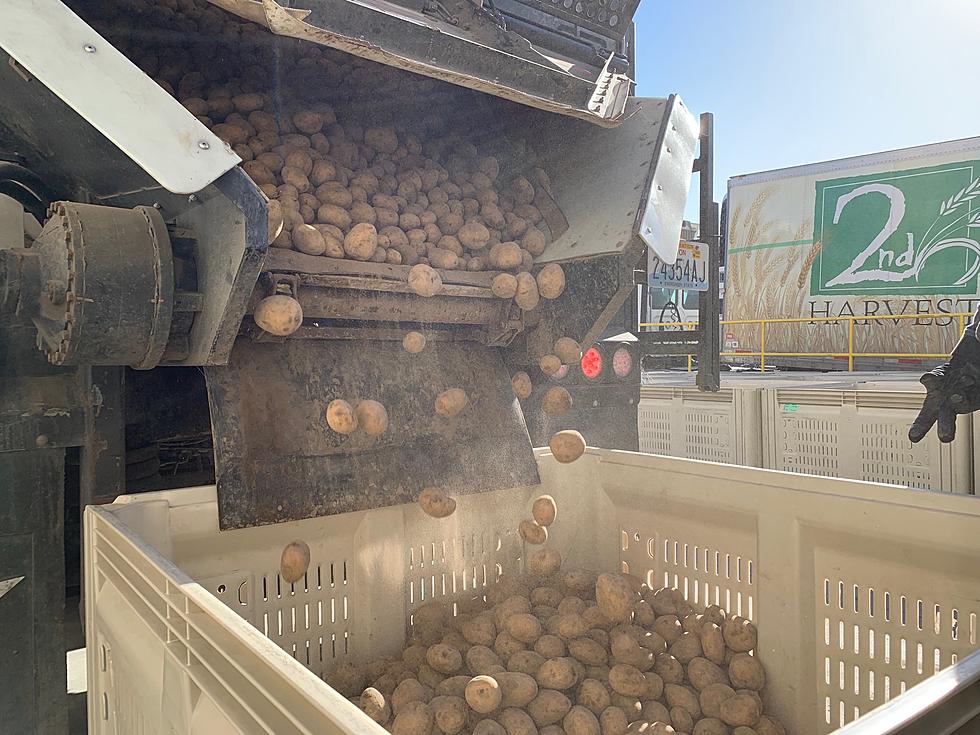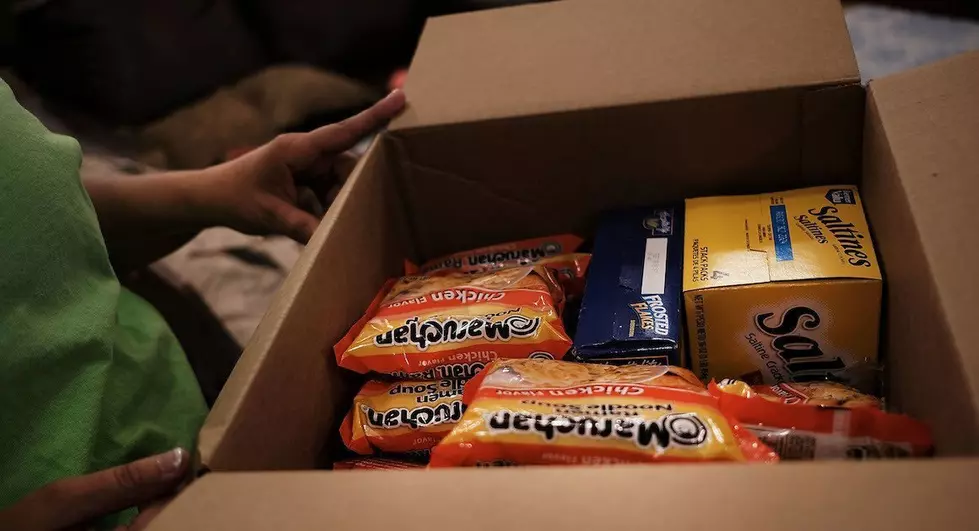
With Brexit Around the Corner WSDA’s Sandison Visits U.K.
With Brexit, the United Kingdom’s official with drawl from the European Union, looming around the corner, many questions remain regarding trade with the British people. In an effort to make sure Washington Ag is an option for trade across the pond, Washington State Department of Agriculture Director Derek Sandison recently traveled to London with a small delegation of Ag officials to explore new trade opportunities.
Earlier this month, the U.K. sponsored the seven-member team of American ag representatives through the National Association of State Departments of Agriculture (NASDA). Sandison joined five other state agriculture directors and NASDA’s CEO Barb Glenn on an itinerary that included farm tours and dozens of meetings with senior British trade and agriculture officials, university leaders, research scientists, farmers and business representatives. Depending on the outcome of the negotiations, the U.K. will need to explore and expand new agricultural markets to feed its citizens and keep its farm economy afloat.
“As they move towards Brexit, they are very much interested in entering into a free-trade agreement with the United States,” Sandison said.
The meetings were a chance to set the stage for discussions with U.S. trade representatives in the future. "They wanted to learn more about U.S. agriculture – what some of our issues are, what products we might be interested in exporting and what products we might be interested in importing,” Sandison said.
Washington already exports products such as hops and wine to the U.K. But the discussions revealed an opportunity to expand that relationship. Sandison said British officials and producers expressed interest in exporting more lamb, cider and other beverages to the U.S. The delegation, which represented individual states, was not there to try make a deal, rather they wanted to get a better understanding of the landscape.
“We were there to understand what our producers will be facing when they want to sell products to the U.K. and what the U.K.’s bottom line is,” Sandison said. “A lot of what we talked about are the standards, phytosanitary standards for example, that are imposed currently under EU restrictions and what we can expect if they are free of European Union restrictions.
Compared to U.S. standards, the European Union’s standards are often stricter in areas such as pesticide use, veterinary medicines, and decontamination techniques. This is especially true for food safety standards associated with new technologies in agriculture and food processing such as genetically modified organisms (GMO), growth hormones and lactic acid treatments.
“We were trying to understand what we can expect,” Sandison said. “We wanted to know if they would deviate from the EUs current restrictive approach and liberalize their standards a bit.” Sandison said British officials expressed interest in moving towards less restrictive import policies, they did not discuss any specific standards.
The U.K. is currently negotiating the terms by which they would conduct trade with the EU after Brexit. The two most likely scenarios at this point include one in which the U.K. comes to an agreement that will allow it to continue to do unrestricted business within the EU. In this case, standards would likely align closely with current EU standards.
Another possibility would be a situation in which the U.K. does not reach an agreement with the EU but leaves the union anyway. In this hard-break scenario, Sandison believes they would be more open to adopting standards that would facilitate more trade with U.S. producers.
“If it’s a hard break, then I think they are going to be more interested in getting to a solid agreement with the United States, something that would promote the ease of trade and movement of goods,” Sandison said.
At this stage in the process, the Brexit outcome remains highly uncertain. But whatever the outcome, Sandison’s work with his NASDA partners could well lead to export opportunities in the future.
If you have a story idea for the Washington Ag Network, call (509) 547-1618, or e-mail gvaagen@cherrycreekradio.com
More From PNW Ag Network



